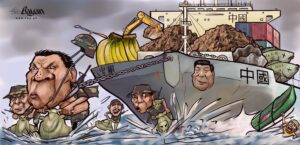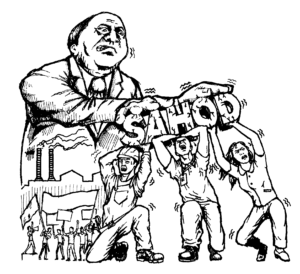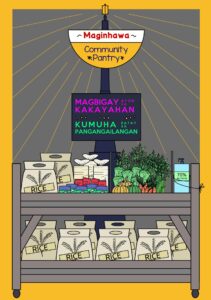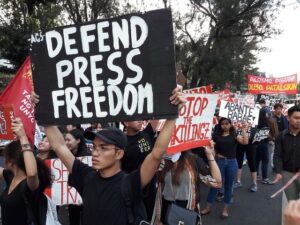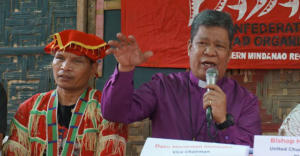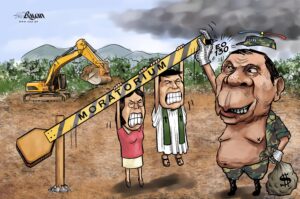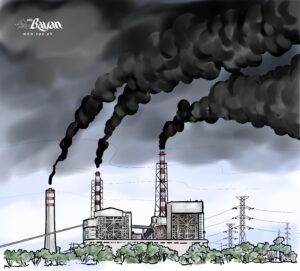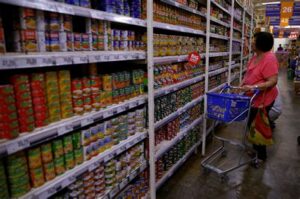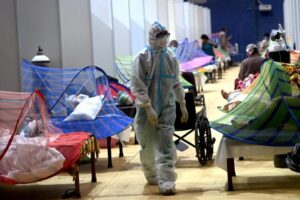Shortchanged banana farmers

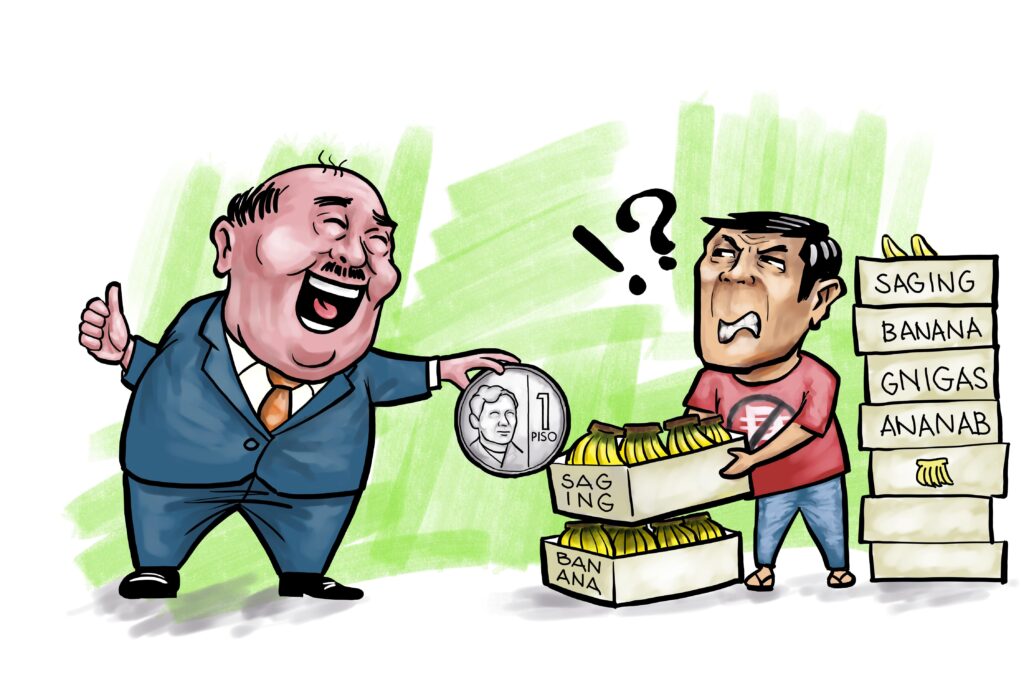
The United Pantaron Banana Workers Union (UPBWU) filed a pettion at the office of the Regional Tripartite Wages and Productivity Board (RTWPB) in Sto. Tomas, Davao del Norte on April 6 to demand a ₱100-daily wage increase for all workers in the Davao Region. The said region is the main source of bananas, both for export and local consumption, in the country (35% or 846,230 metric tons or MT in the last quarter of 2020). Like all farm workers, they suffer from extremely low wages imposed by capitalists and landlords despite the high demand for banana in the global market.
The petition stated that the ₱396 minimum wage for farm workers in the region has already been devalued due to high inflation of oil prices and basic commodities. The group noted that the amount is not even half of the ₱1,057 family living daily wage needed by a family to live decently. Latest data by the regime indicate that inflation in the region increased to 2.7% from 1.9% in January, which is the highest since June 2019. The last wage adjustment of minimum wage in the region was in February 2019.
The situation of farm workers who are compensated on piecemeal basis is far worse as they are only paid based on the quantity of bananas they are able to process. In most plantations, farmers are paid a measly $2.5-$3 (₱120-₱144) for each box of bananas weighing 13 kilo each, or equivalent to ₱9-₱11 per kilo.
Plantations also deduct various costs from this measly income. In the banana plantations of multiational company Dole for instance, the company deducts the transportation costs (₱3.4 per box); stevedoring (₱3.8); and rent for the packaging plant, irrigation and other facilities (₱3.8). Farmers are often left with a gross income of ₱100 per box or ₱7.7 per kilo. On the other hand, the market price of banana in the countries which import from the Philippines reach up to ₱136 per kilo. In Lapanday Foods Corp., workers earn around ₱2,000 per month on average, equivalent to ₱70 per day from their monthly net income of ₱15,000.
Bananas are the most traded fruit in world, and among the top agricultural products exported by the country. Last year, total local production dropped by 101,000 MT to 9.1 milyong MT. However, it still remains as one of the the top agricultural exports of the country.
In 2020, local banana production was equivalent to 15% of the total agricultural production in the country. Around 450,000 hectares (as big as the seven largest cities in Metro Manila) are covered by banana plantations, majority of which are in Mindanao and cater to the export market. The biggest among these is the Tagum Agricultural Development Company sa Panabo, Davao City (5,308 hectares). The said company sells its products to Del Monte owned by the Campos family which also operates its own plantations. The top players in the banana industry also include the Dole Philippines (US), Sumifru Corp. (Japan), Lapanday Foods Corp. (Lorenzo) and Unifrutti Tropical Philippines (Perinne).
The Philippines is the seond largest exporter of banana in the world. Around 40% of its banana products (3.6 million MT) last year was exported, primarily to Japan. It is also important to note that under Duterte, the Philippine’s export to China rose sharply by 500% from 319,291 MT in 2016 to 1.9 million MT noong 2019. Almost half or 45% of its banana imports in 2019 and 2020 came from the Philippines.
Banana exports dropped significantly during the pandemic primarily due to transport restrictions. In 2020, the value of bananas exported by the country decreased by 21% to $1.55 billion or ₱74.5 billion.
As in the past, Duterte continues to favor capitalists while turning a deaf ear to the plight of banana farmers. During the pandemic, his regime implemented several programs to support big companies. In December 2020, the regime reportedly allocated ₱220 million to subsidize the production of big banana plantations under the Productivity Enhancement Project. This January, the regime loaned ₱645 million to Hijo Superfoods Inc., a company linked to Lapanday which manufactures banana flour. Before the pandemic, it also reportedly loaned ₱1 billion to Unifrutti to fund the expansion of its plantations.

